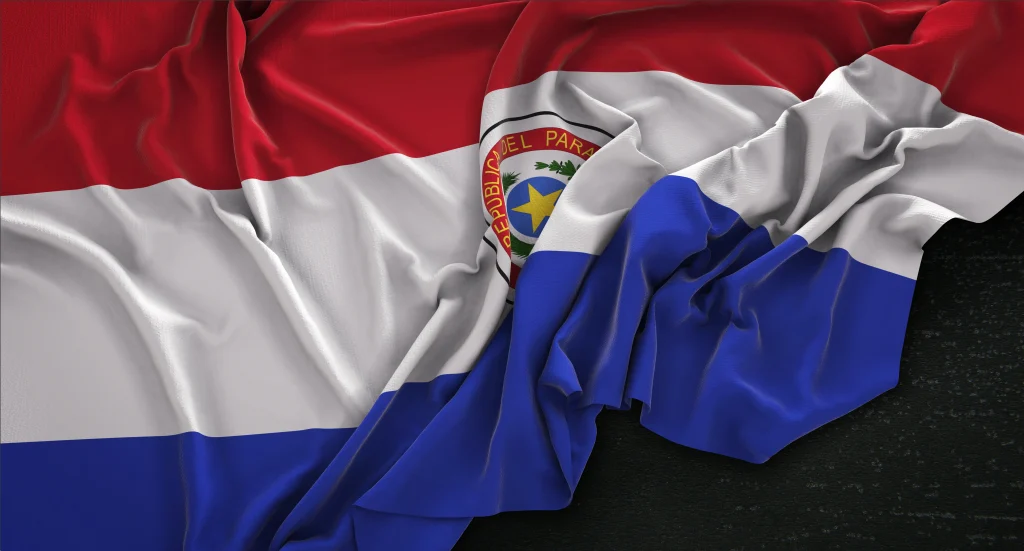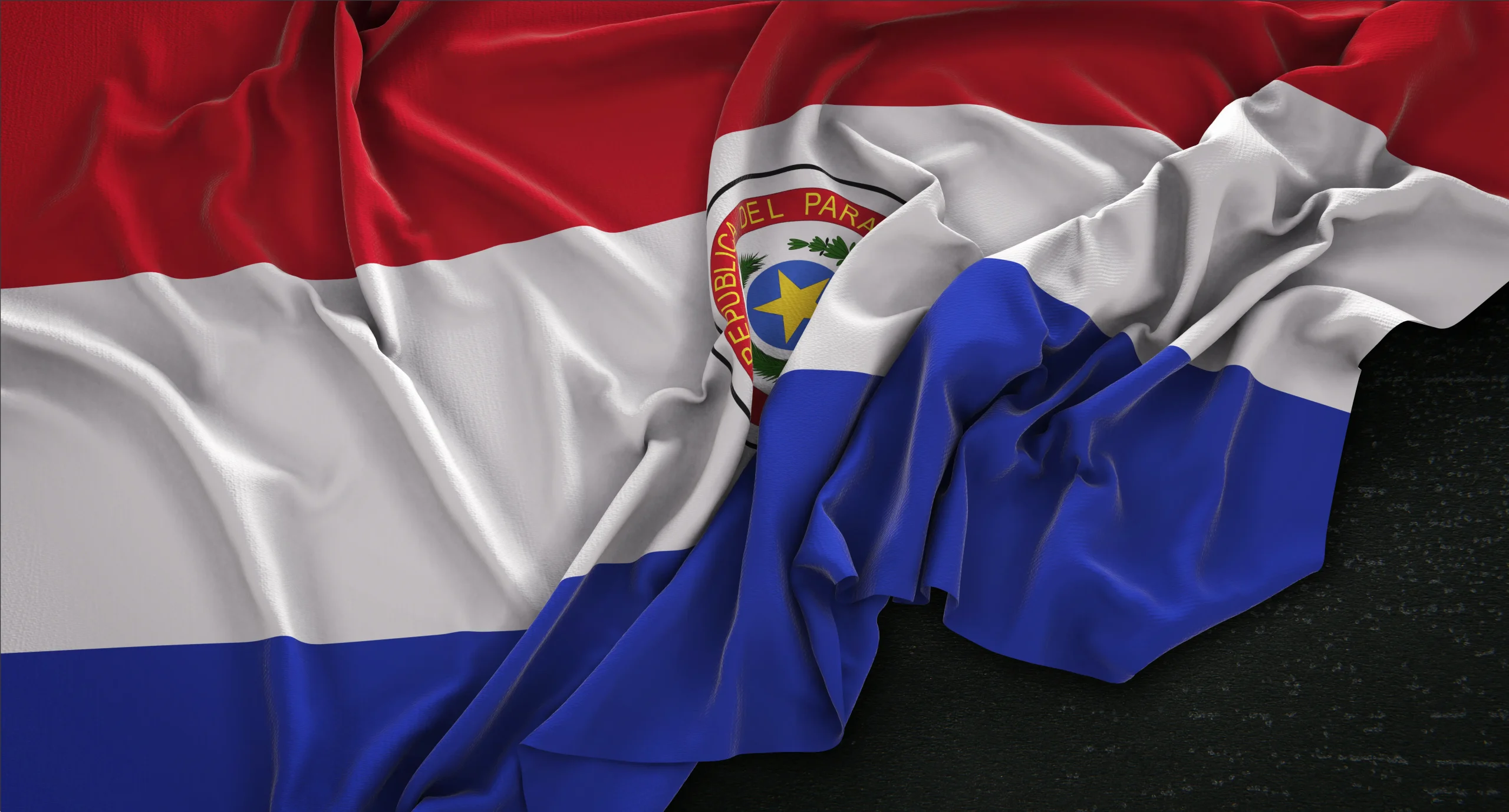Paraguay has officially dismantled its gambling monopoly with the enactment of Law No 7348/2025, opening the market to private operators for the first time. The landmark legislation transforms South America’s gaming landscape, positioning Paraguay as an emerging opportunity for international gaming companies seeking Latin American expansion.
The new framework eliminates previous restrictions that limited gaming operations to public tender processes exclusively, while establishing the National Gaming Commission (Conajzar) under the National Directorate of Tax Revenue (DNIT) for comprehensive market oversight.
Market Transformation and Revenue Potential
Carlos Liseras, President of Conajzar, highlighted Paraguay’s competitive advantages for international operators, noting the country offers the region’s lowest tax burden combined with growing tourism appeal. Paraguay’s gambling sector already generated PYG 175.8 billion (approximately $21.9 million) in 2024 under the monopoly system.
Liseras projects revenues could double or exceed current estimates following market liberalization, driven by enhanced enforcement capabilities against illegal operators and expanded legitimate participation. The integration of gambling regulation with tax administration creates synergies that strengthen both revenue capture and regulatory compliance.
Explore popular gaming licenses:
Key Market Advantages:

- Lowest regional tax burden
- Growing tourism sector
- Modernized regulatory framework
- Enhanced enforcement capabilities
- Strategic Latin American location
Consumer Protection and Regulatory Framework
Player protection drove much of the legislative reform, with particular emphasis on protecting minors from illegal gambling exposure. The new framework incorporates comprehensive safeguards including mandatory 200-meter distances between gaming establishments and educational facilities.
Technical requirements mandate that electronic gaming machines and computer systems comply with Conajzar guidelines and receive certification from accredited inspection entities. Gaming operations must meet international technical and fairness standards while providing regulatory authorities with effective oversight capabilities.
Conajzar’s expanded responsibilities encompass authorizing gaming operations, issuing regulations at national and local levels, approving new game types, and sanctioning non-compliant operators. DNIT approval is required for all regulatory processes, creating additional oversight to ensure alignment with government objectives.
Licensing Requirements and Market Entry
The transition to competitive market necessitates comprehensive licensing procedures designed to ensure operator quality while maintaining accessibility for qualified companies. Licensing decisions evaluate operator capabilities across technical competence, financial stability, and regulatory compliance history.
Operator Requirements:
- Sufficient gambling industry experience
- Necessary financial backing
- Clean regulatory history (domestic and international)
- Technical systems meeting Conajzar standards
- Compliance with location restrictions
International compliance standards apply to licensing decisions, with outstanding debts or regulatory violations potentially disqualifying applicants from market participation. These requirements reflect Paraguay’s commitment to attracting high-quality operators while maintaining market integrity.
International Cooperation and Future Outlook
Paraguay’s regulatory modernization includes international cooperation agreements designed to enhance effectiveness through knowledge transfer from experienced gaming jurisdictions. Existing agreements with foreign institutions provide framework for expanding regulatory capabilities and coordinated enforcement efforts.
The regulatory transformation positions Paraguay as a potential regional leader in gambling market liberalization, particularly as other Latin American countries evaluate their frameworks. Success in implementing competitive markets while maintaining consumer protection could influence broader regional policy development.
Long-term success depends on Paraguay’s ability to balance market accessibility with regulatory rigor, ensuring competitive pressures drive innovation and consumer benefits while preventing enforcement failures that affect other emerging gaming markets. The institutional structure provides foundation for achieving this balance through sustained regulatory commitment.

